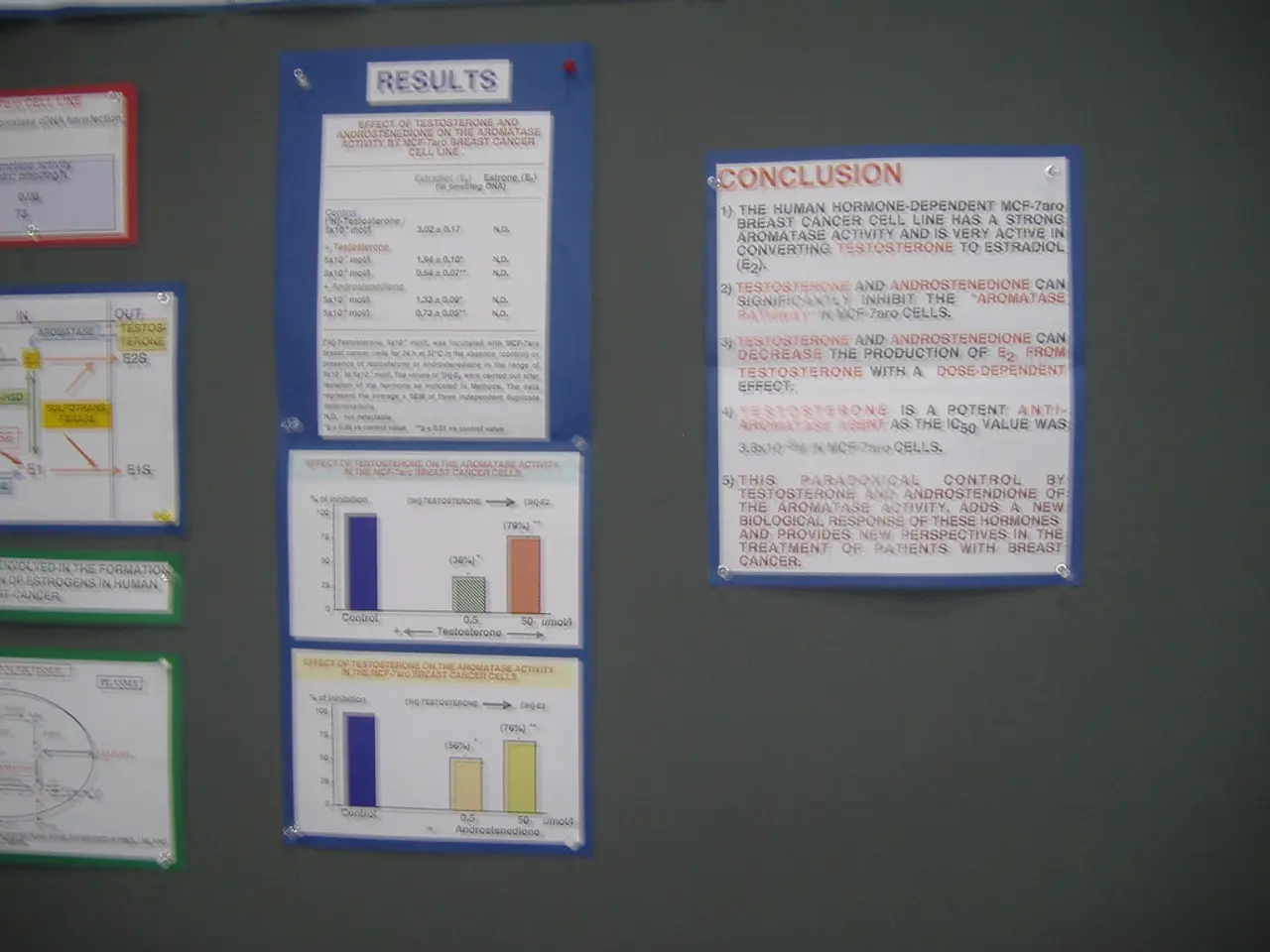Landlords Outline their Procedures in Detail
Eviction Process for Non-Payment of Rent in Germany: A Step-by-Step Guide
In Germany, when tenants fail to pay their rent, landlords must follow a formal eviction process designed to protect both parties. This process involves several key steps:
- Warning and Demand for Payment
The landlord typically issues a written warning or payment reminder demanding the overdue rent. This serves as an initial step to resolve the issue amicably.
- Termination Notice (Kündigung)
If the tenant does not pay, the landlord can serve a formal termination of the lease specifically for non-payment of rent. Under German law, this requires the landlord to notify the tenant of the rent arrears and give an opportunity to pay within a reasonable cure period.
- Legal Action and Court Proceedings
If the tenant still does not pay or vacate, the landlord must file an eviction lawsuit in court (typically at the local Amtsgericht). The court will review the case.
- Court Judgment and Bailiff Eviction
With a court order approving eviction, the landlord can request a bailiff (Gerichtsvollzieher) to carry out the eviction if the tenant refuses to leave voluntarily.
- Notice Periods and Tenant Protection
German tenancy law provides strong tenant protections. The landlord must comply with legal notice periods, typically three months, unless in exceptional cases such as repeated non-payment. Tenants can contest eviction based on hardship or delay, potentially extending eviction timelines.
An ordinary termination requires a warning and must comply with legal notice periods, typically three months to the end of the month and extending by a further three months after five and eight years of tenancy. A without notice termination is possible if a rental arrears situation of at least two full months' rent accumulates over a longer period.
- Collection Services and Judicial Reminder Procedure
When tenants fail to pay rent despite reminders and no agreement is in sight, the landlord may opt for a judicial reminder procedure or hire a collections agency. A reminder may be required in exceptional cases, such as when only partial payments are received. The advantage of the judicial reminder procedure lies in its clear legal effect, allowing the creditor to apply for an enforcement order and subsequently initiate measures such as wage garnishment or forced execution.
In cases of repeated rental arrears, it's important to have an early, open exchange with the tenants. Rent for an apartment is due no later than the third working day of a month, as stated in the Civil Code.
It's essential to note that tenants have a right to object to termination in writing, and delays in eviction are common due to legal protections. Eviction for economic reasons other than non-payment requires proper justification and notice under §573 BGB. Landlords cannot forcibly evict without a court order and bailiff involvement.
This makes evictions in Germany comparatively slow and tenant-protective compared to many other countries.
In the event of a tenant's persistent failure to pay rent, the landlord may engage with a collections agency or initiate a judicial reminder procedure for collection, which could lead to wage garnishment or forced execution if successful. Conversely, if the tenant's business endeavors encounter financial difficulties, the landlord must provide proper justification and follow due legal procedures when considering an eviction due to non-payment.




